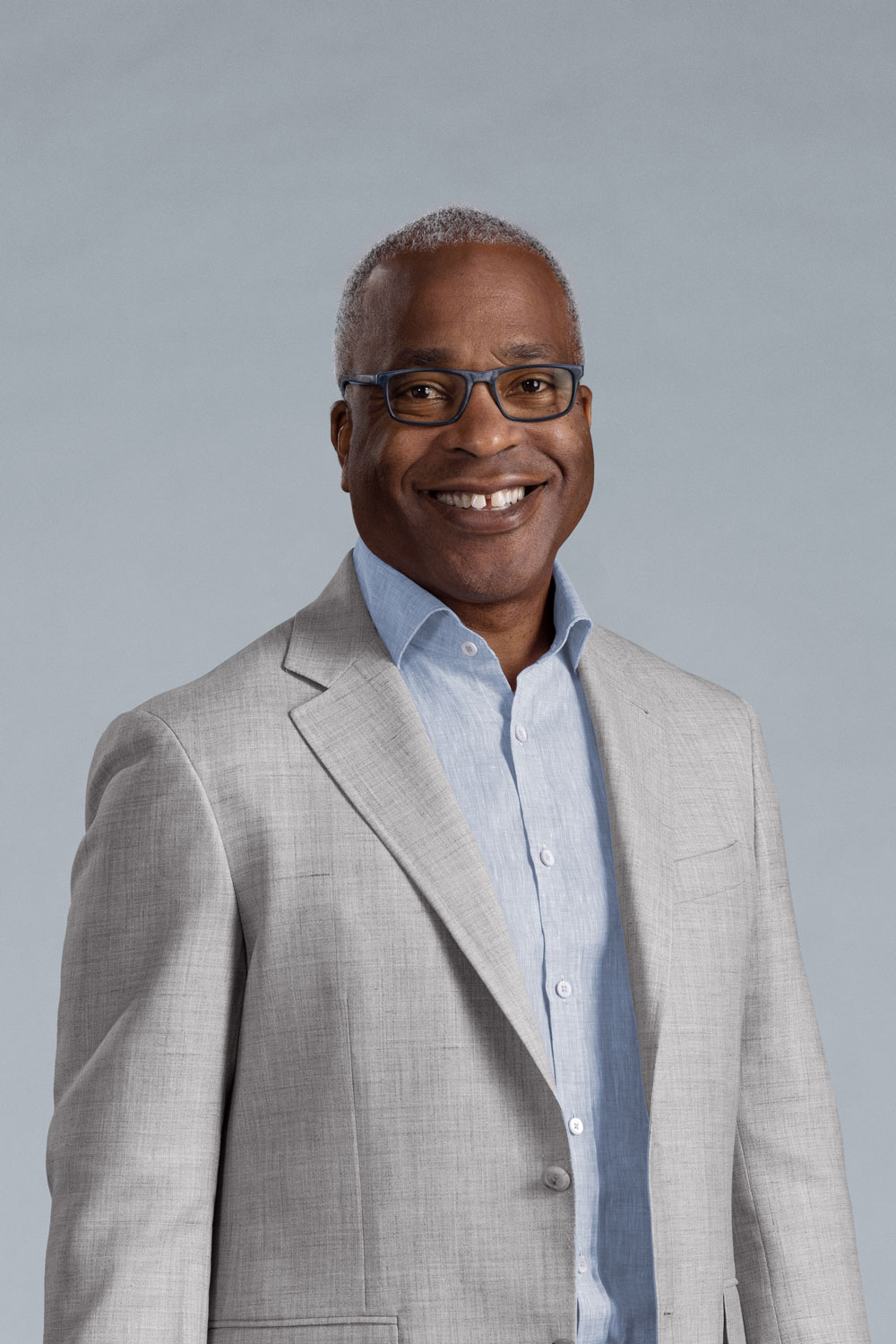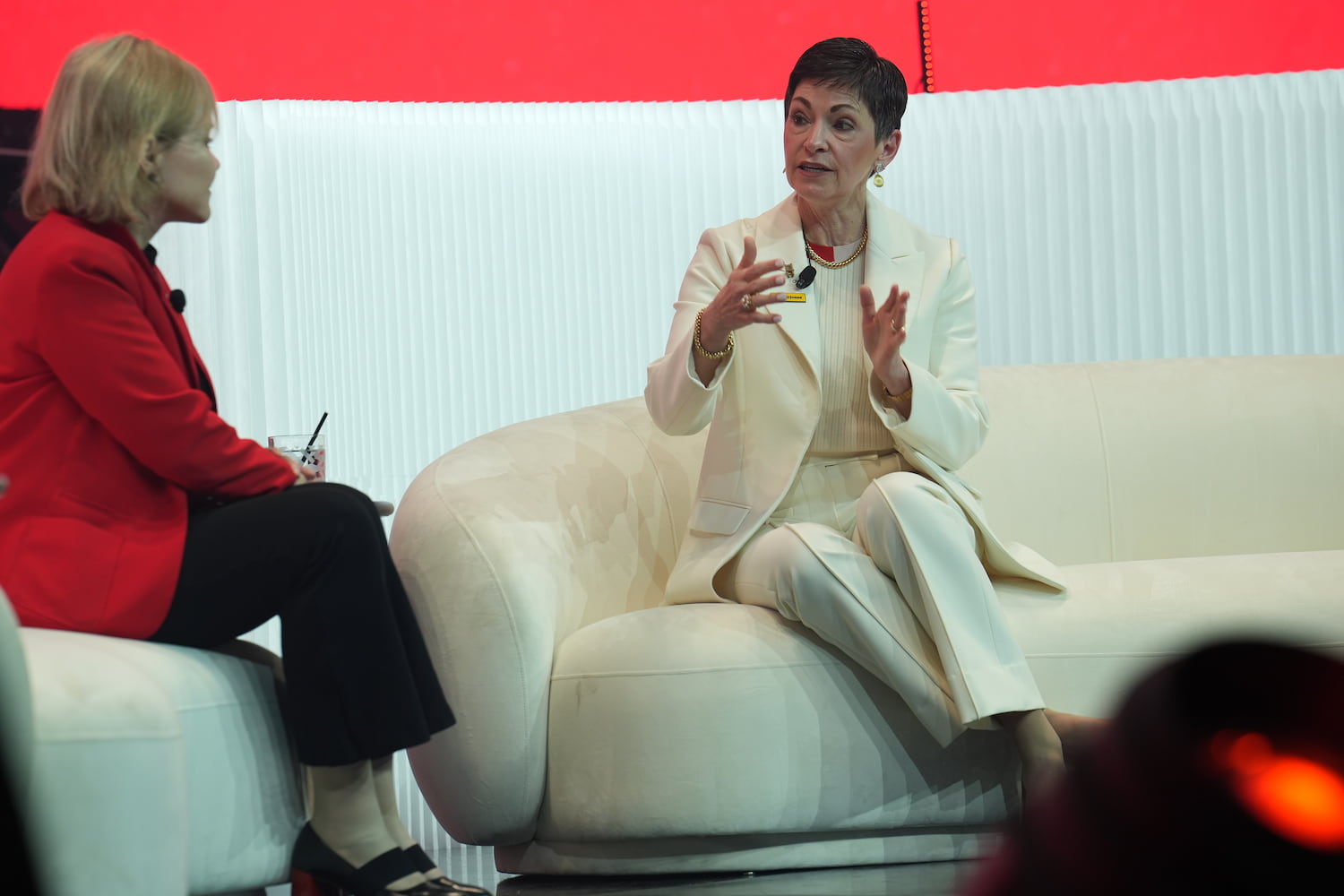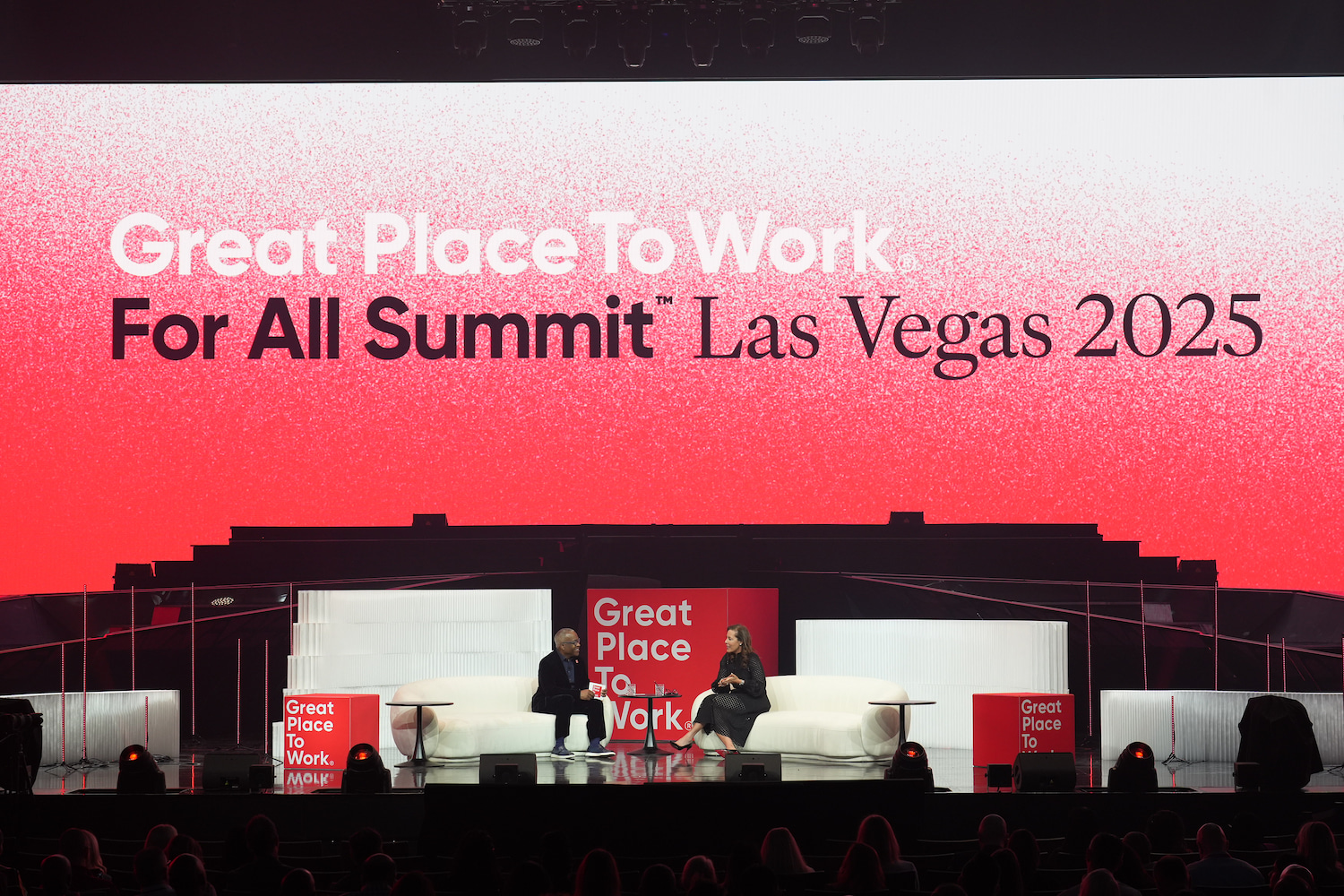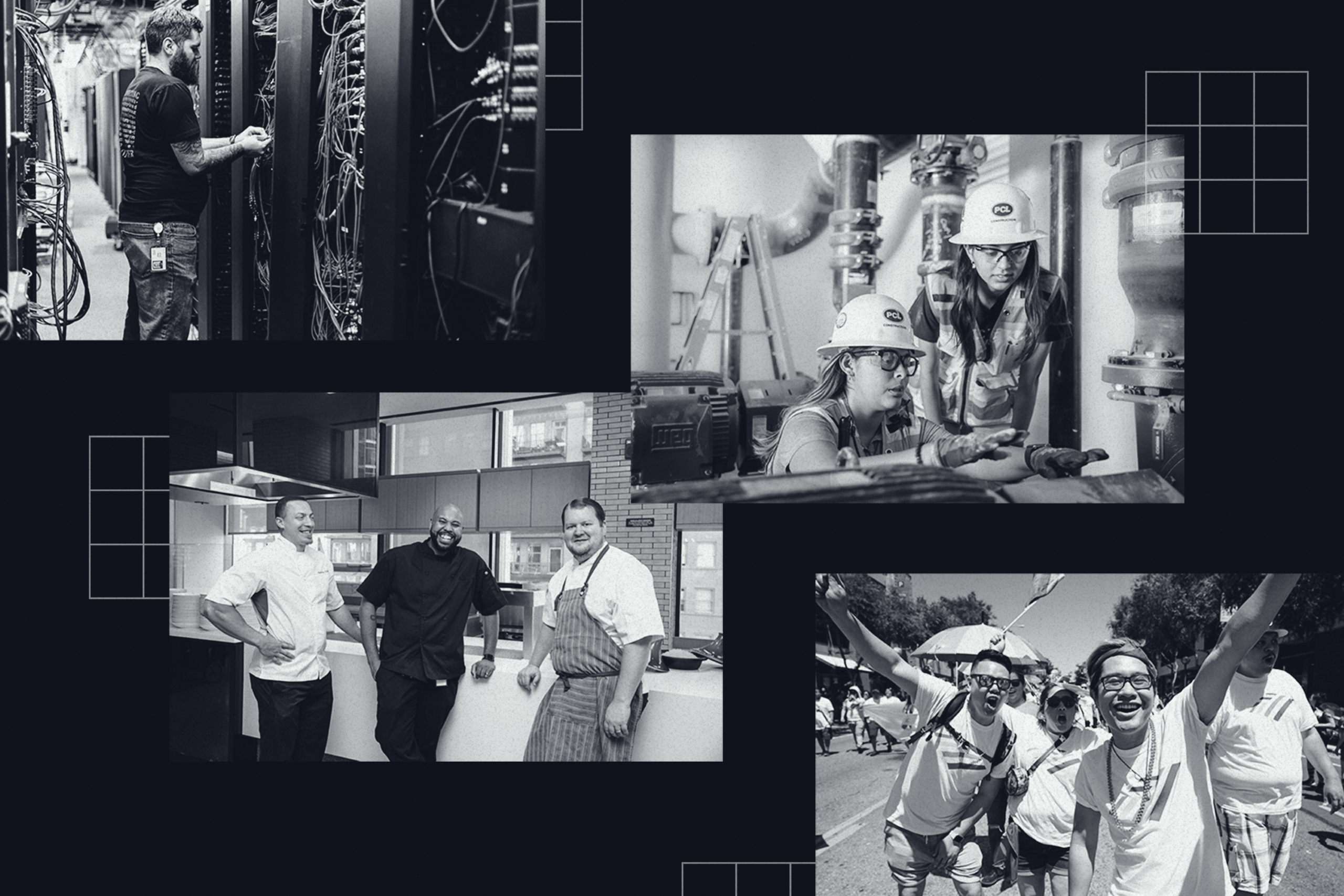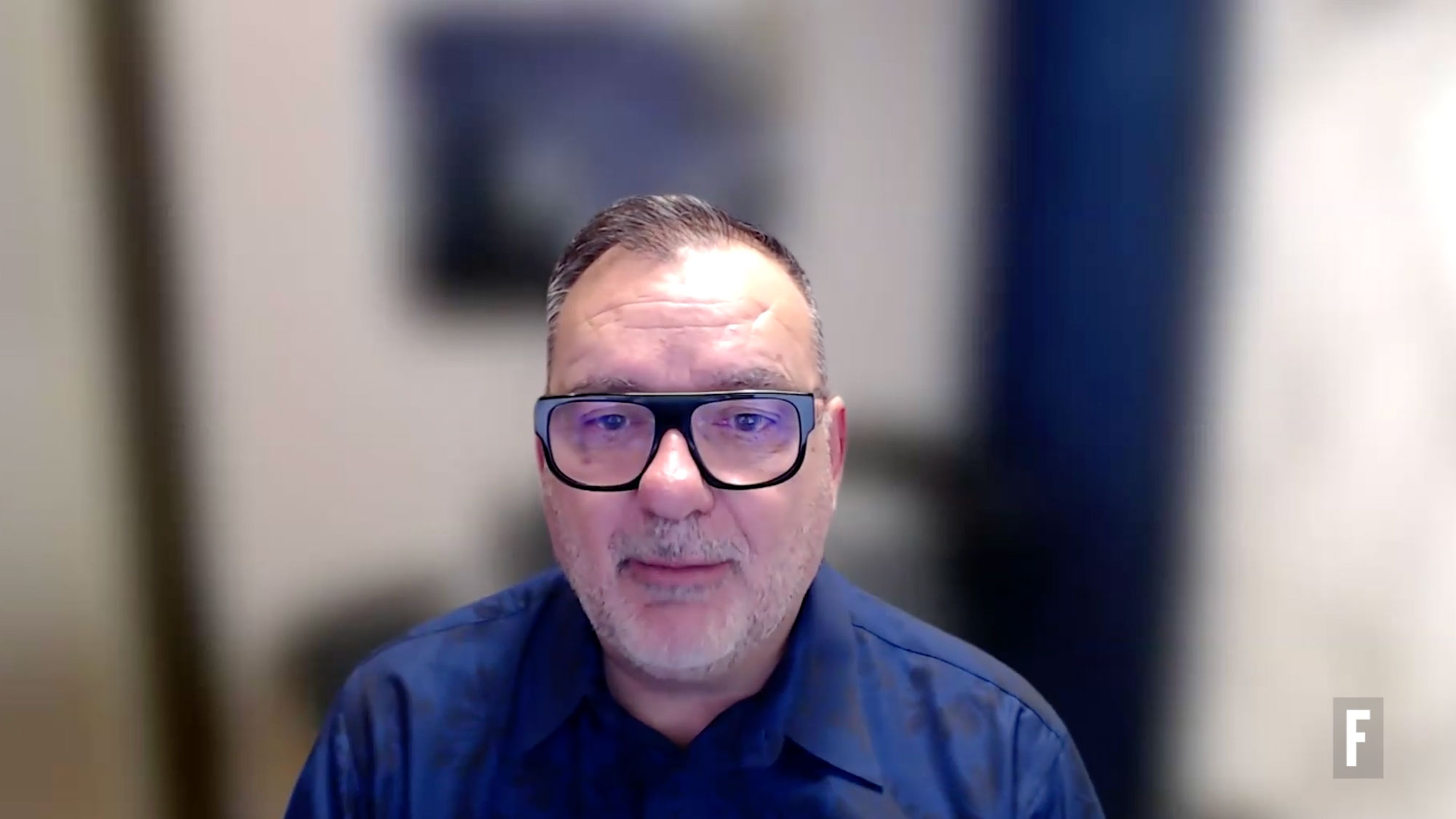AI (Artificial Intelligence), High-trust leadership
Like a lot of leaders, I spend most of my time looking forward, with very few exceptions.
I read pieces like Marc Andreessen’s Manifesto, and I hope his vision of abundance is the same as mine. I want a world that provides his vision of abundance for all, not abundance for some.
When some say, “Well there will always be winners and losers,” I say, “Then this AI thing isn’t as great as I thought it could be.” We live in a largely zero sum world with our current intelligence, and we don’t need anything artificial to add more value here.
I’m focused on the future, and without question, the future of work is fueled by generative AI. Purpose-driven companies will ensure that AI is used to solve the complex problems that come from assuring all stakeholders thrive in this new machine-architected capitalism.
Silly human biases will create biased and discriminatory constraints and the algorithms will yield suboptimal “optimal solutions.” The solutions will be optimal for a few stakeholders (certainly shareholders), while being suboptimal for everyone else, like employees, communities, and the environment. Just like today, where every workplace in the world is a great place to work for some, but creates more inequity and income inequality for others.
When a workplace is a great place to work for all, all stakeholders will benefit from AI abundance. Workers will be supplemented with AI while jobs are being created and eliminated by AI. During any downtime, workers will get AI training, and/or be busy solving complex educational or environmental problems in their communities. This is how great companies will operate.
While this AI revolution is important for leaders, importance doesn’t equal confidence. Most admit they don’t feel equipped to lead their people through the AI revolution.
Revolution isn’t hyperbole. AI will radically transform how we work, and change brings fear. People are worried about losing their jobs, and whether or not their company will use new technology responsibly and ethically.
Responsibility to quell those fears sits on the shoulders of every leader. Every leader will need to transform to become the Jim Collins level five “executive” that we call the “For All Leader” at Great Place To Work®.
Employees need to have confidence in their executives before they can trust their use of AI, embrace its potential, and lean in and give extra to solve complex problems.
It’s why I’m confident in the AI readiness level of the 2024 Fortune 100 Best Companies To Work For®. Leaders at these companies will help their people thrive because they’re focused on the one thing that will drive success: trust.
How do I know that? Because history tells me so.
Learn from leaders at the 100 Best at our culture conference May 7-9.
This is where I make an exception to looking to the past.
Companies on the 100 Best are battle tested. They proved their ability to build trust with employees during the pandemic years of 2020 to 2023, when fear and uncertainty were the only constant. That reservoir of trust will help them outperform their competitors and give them a competitive edge in the AI space.
Their high scores on the Great Place To Work Trust Index™ were remarkably stable before, during, and after the pandemic, in all areas of the employee experience, particularly around leadership.
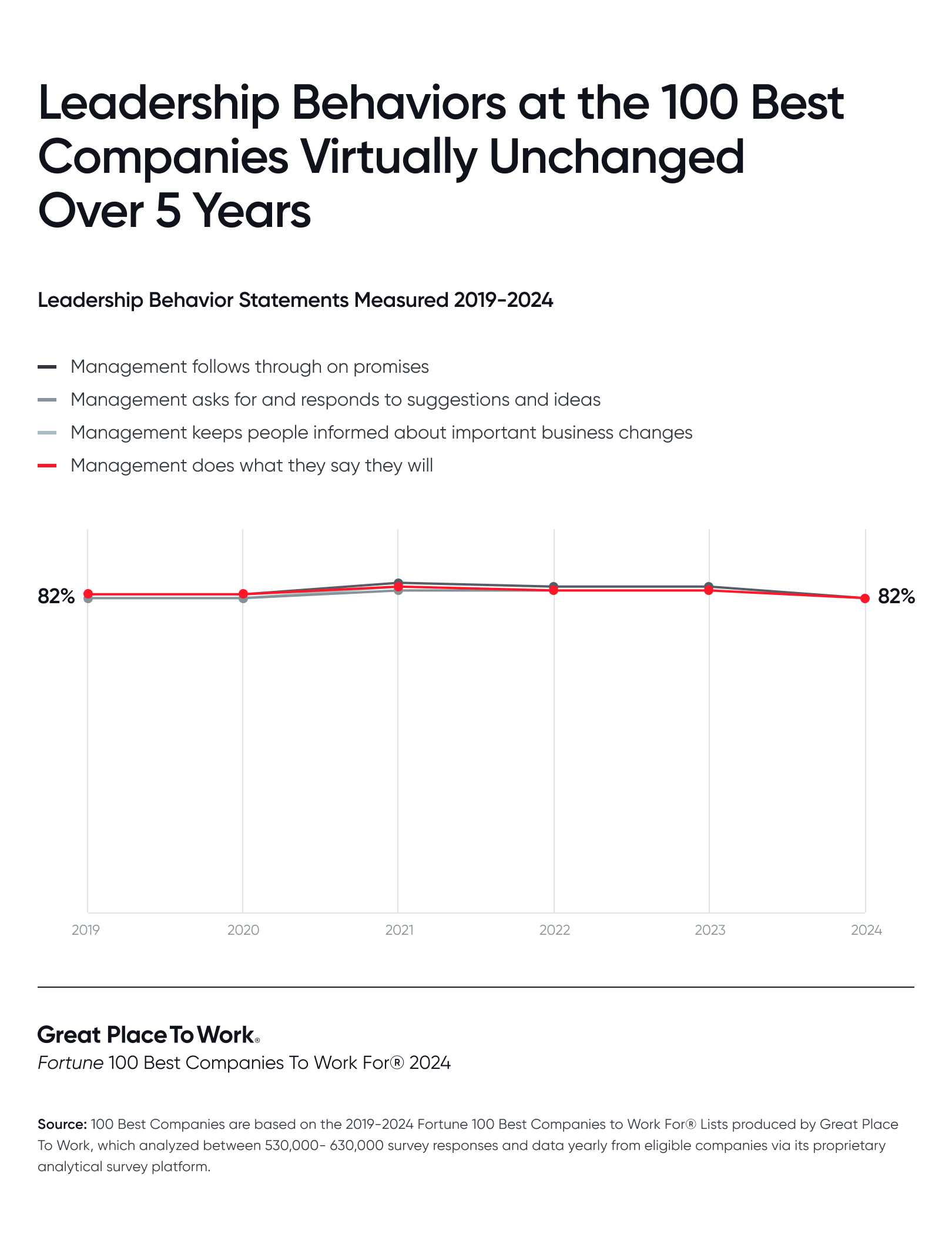
The 100 Best outperformed typical workplaces by at least 45% and as much as 73% when it comes to trust in management.
What does this have to do with AI? Everything.
Trust is the currency of work today. If I could create a backdrop for the world right now, I’d spell out the word trust as large as I could.
Trust tells workers their employer will use AI in a way that will make their workplace experience better and more equitable. Consumers will look to see where people work to decide if they can trust their favorite brands. You can trust how a company uses AI if you know their employees trust them.
Trust in leaders appears to be in high demand, but short supply.
Nearly 90% of 14,000 leaders in a Deloitte report said an increased focus on trust and transparency with workers is important for business success, but only 13% said they’re making meaningful progress.
To start, I suggest leaders practice these nine high-trust behaviors.
Agility, innovation fuel AI success
High-trust cultures are more likely to excel in areas essential to AI success: agility, innovation, and extra effort.
At the 100 Best, 86% of employees feel people are willing to give extra effort and 83% feel people adapt quickly to changes, compared with 59% and 61% at typical workplaces, respectively. At the 100 Best, 84% of employees said they experience “a lot” or “some” innovation opportunities.
When more employees can contribute to innovation, employees are more likely to say their work is meaningful and want to stay at their company long-term.
These high levels of adaptability, extra effort, and innovation aren’t possible without a foundation of trust built over time through collaboration with employees by seeking their input, involving them in decisions, and providing them with information about important changes.
We see the result of that trust in the cumulative 26-year returns of the 100 Best, who beat the Russell 1000 by an astounding 1,896 percentage points, thanks to having an engaged and agile workplace. That means that if you had invested in the publicly traded 100 Best Companies since 1998, you would have earned 3.68 times more money than you would have with the same investment in the Russell 1000 portfolio – the top companies by market capitalization in the U.S.
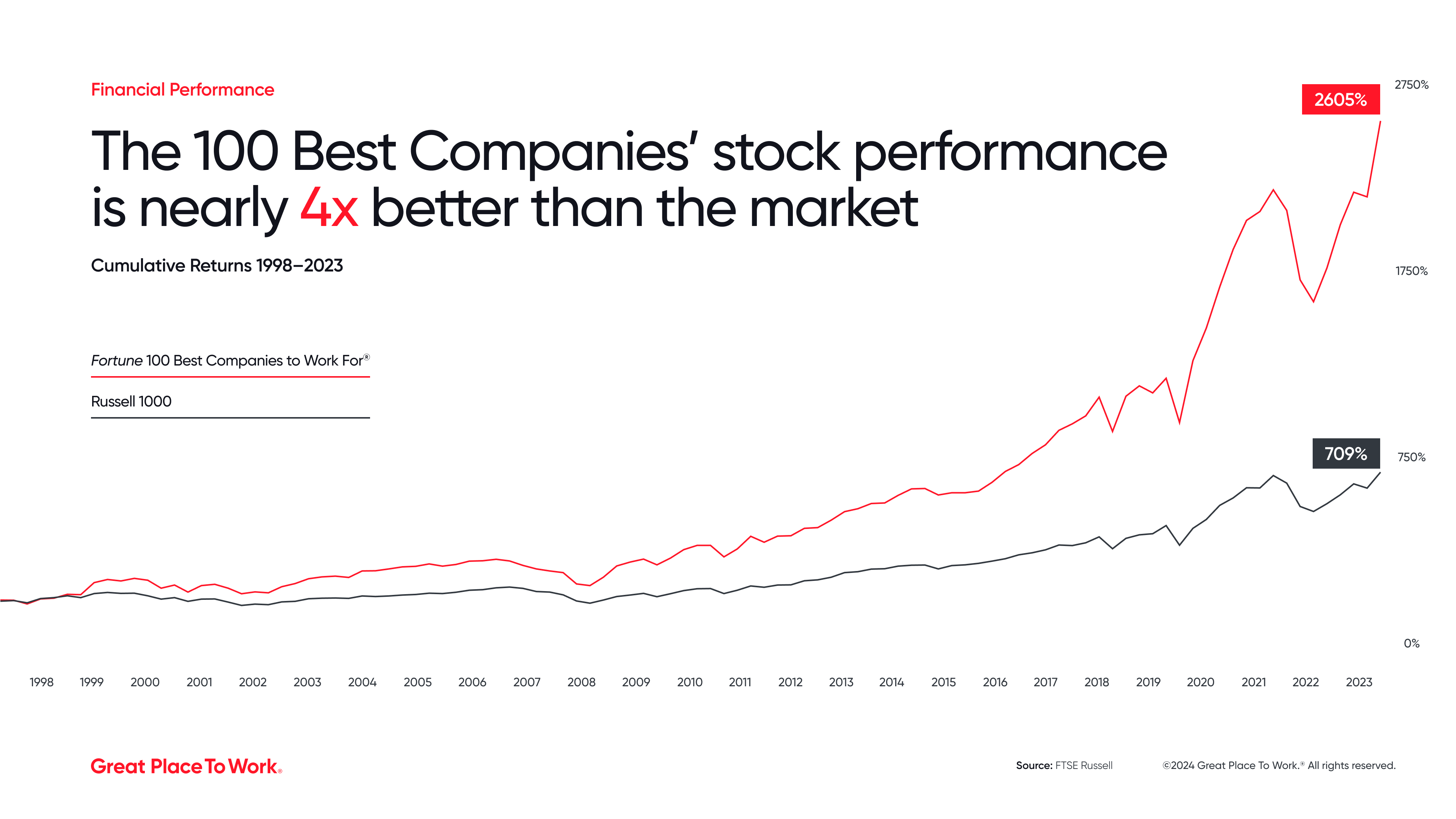
Skills over job descriptions
AI might be the biggest disruptor in the workplace today, but it’s not the only one. Leaders have to manage ongoing political, societal, and environmental challenges while hitting their business numbers.
To do that, you need the best people who will use the technology in the right way, and AI will help you find those people faster and better than you’ve ever been able to.
AI can understand and interpret the work that people are currently doing, interested in doing, and most importantly, capable of learning — dynamically and in real time.
Currently, we match people with job descriptions. We search for talent in familiar places and promote people based on job levels. That will be archaic, thanks to AI.
The conversation will shift from talent pipelines to talent portfolios. AI will match people with skills, not job descriptions or degrees. It will not be about who you know, or what school you went to. It will be about what skills you have, and more importantly, what skills you can quickly develop so you can be matched to a critical opportunity within the business.
Although many companies aren’t ready to use AI to become skills-based organizations, the 100 Best are leading the way.
No. 7 ranked Accenture helps find and unlock the hidden potential of their people across every level of their organization. Nearly half of the U.S. positions at Accenture, for example, are open to people who don’t have a four-year college degree. Aptitude and skill matter more to performance than college degrees, employment histories, or references.
Internally, Accenture matches people’s skills with new opportunities, as well as at-risk jobs with in-demand skills in cutting-edge technologies.
MetLife, No. 36, launched MyPath, an online skills-based talent marketplace that uses AI-based recommendations to match users to colleagues, projects, and opportunities based on their skills, experiences, and ambitions. More than half the projects assigned through MyPath have been either cross-functional or cross-geographic, or both.
Similarly, Salesforce.com (No. 70) has filled more positions through internal transfers than from external candidates. Its internal talent marketplace, Talent Connect, uses AI to match employees to open roles based on their skills. Its MentorFinder app uses AI for interest and skills-based matching to connect mentors and mentees.
Great companies will understand how to optimize their talent in a more equitable way than anything we’ve seen before.
This is good news for leaders committed to culture work. It will help us create a great place to work for all, abundance for all, and opportunities for all — and you need all to succeed.
Join the movement
Hear Michael C. Bush and leaders from the 100 Best at our For All™ Summit, April 8-10, 2025 in Las Vegas, NV.
